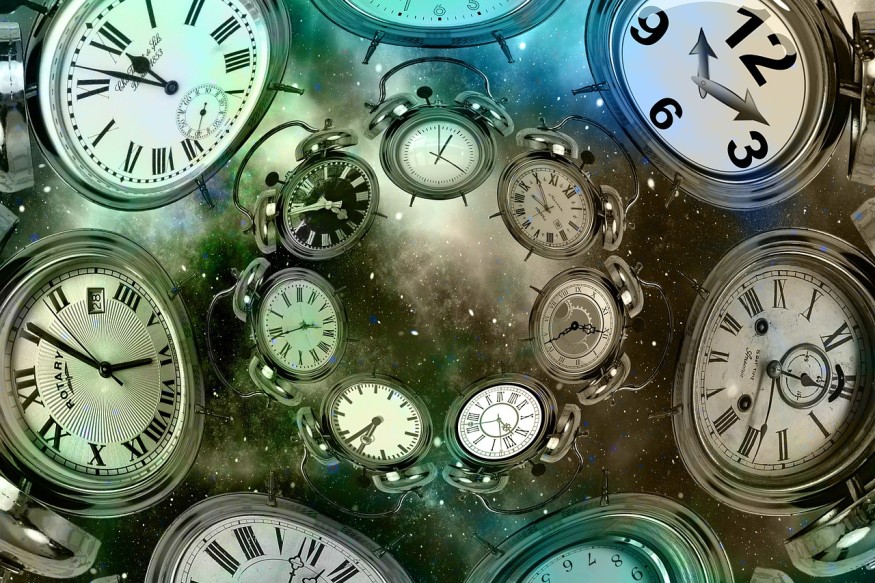Is time travel possible? Science says it is possible to travel through time, whether people want it or not, at a rate of one second per second. Everyone is currently hurtling toward the future and is always moving through time at the same speed.
This might not be the concept usually shown in science fiction novels or movies, but it is how people experience time travel. Time travel in science fiction is more like the events shown in over 400 titles of movies and books, such as Star Trek and Back to the Future movies. But this kind of time travel is not possible and will never be possible.

Time Travel to the Past is Not Possible
As of now, there are no records of someone in the past or the future visiting the present despite people's fascination with the idea of time travel. Also, no one has ever proposed or tried to send a person through different periods of time.
Space.com reported that famous physicist Stephen Hawking has pointed out in his book "Black Holes and Baby Universes," the best evidence to prove time travel is not possible and never will be because of the lack of hordes of tourists from the future invading the present.
On the other hand, science is not completely indifferent to time travel. For instance, Albert Einstein's Theory of Special Relativity states that time is an illusion that loves relative to the observer. The faster one travels, the slower he would experience its aftereffects like boredom and aging.
The best example is the twin astronauts Scott and Mark Kelly, who spent their time in orbit at different durations. Astronauts aboard the International Space Station are swinging around the planet at 17,500 miles per hour (28,160 kilometers per hour). Scott stayed in orbit for 520 days, while Mark only stayed 54 days in space.
Scott is born 6 minutes after Mark, but the difference in the speed at which they experience time over their lifespan has dramatically changed and created a wide age gap between the two men. Space.com previously reported that Mark Kelly is now six (6) minutes and five milliseconds older than his twin brother.
Other scientific theories that may also explain time travel include wormholes, black holes, and string theory. But the concept remains a science fiction idea used in a growing number of books, movies, shows, video games, and many more.
This is How Scientists Concluded Everyone is Experiencing Time Travel
It has been over a century since Albert Einstein developed his theories that explained space and time. His Theory of General Relativity states that space and time are linked and that Earth's speed has a limit as nothing or no one can travel as fast as light with a speed of 186,000 miles per second.
NASA Space Place explains that Einstein's theory posits that the faster one travels, the slower they experience time. An example of this is the dilation of time between objects on Earth and the GPS satellites in space.
The Global Positioning System (GPS) helps people on the ground to know where they are and how to get to new places. GPS satellites orbit around the planet at a fast rate of about 8,700 miles (14,000 kilometers per hour, which slows them down by a small fraction of a second.
Based on Einstein's theory, gravity curves space and time that cause the passage of tie to slow down, but at a place where gravity is weaker, it causes the clocks to run faster than those on the ground. Physics Central explains that GPS satellites with atomic clocks are slightly faster by seven milliseconds or around seven millionths of a second every day than the time on Earth. But scientists have found a way of correcting these slight differences in time to prevent GPS from miscalculation the position and time of the person using it.
RELATED ARTICLE : New Mathematical Model Proves Time Travel Could Happen Without Paradox
Check out more news and information on Time Travel on Science Times.
© 2026 ScienceTimes.com All rights reserved. Do not reproduce without permission. The window to the world of Science Times.












